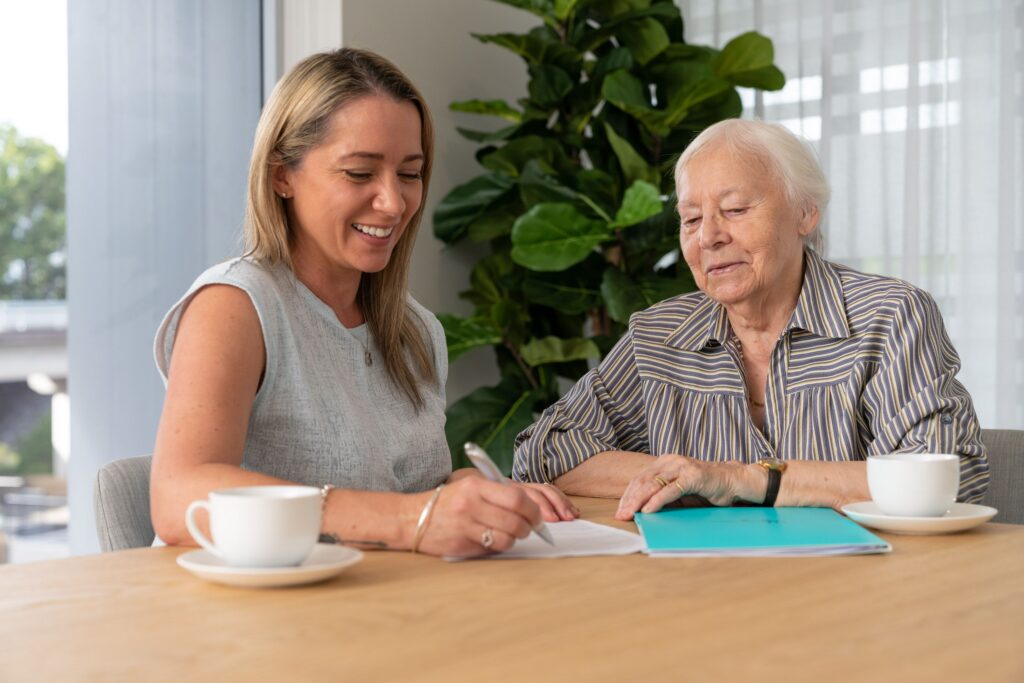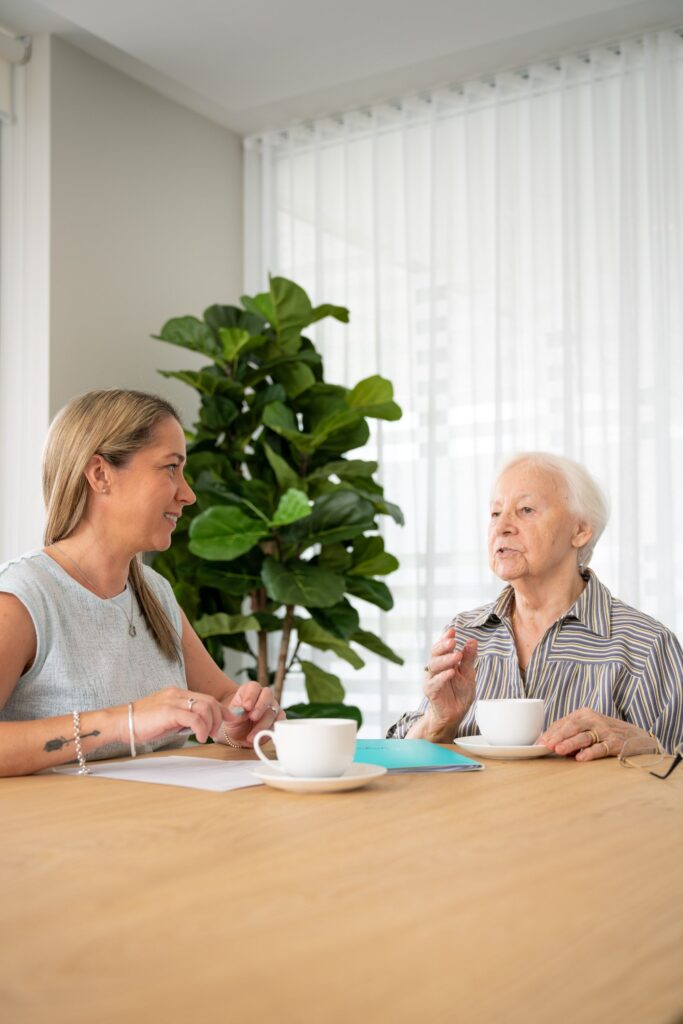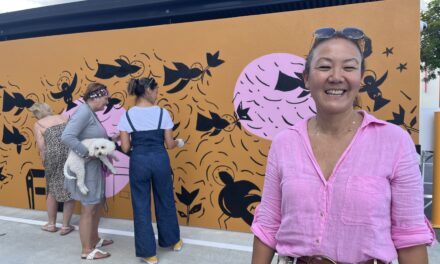A Gold Coast aged care community has kicked off the year with a unique program designed to alleviate the issues seniors encounter when seeking aged care.
Odyssey Lifestyle Care Communities has introduced the complimentary service, Aged Care Assist, to offer unbiased and tailored advice to the elderly on which options suit their needs and are available to them.
Odyssey CEO and Founder Phil Usher says Aged Care Assist is a free and comprehensive service designed to help seniors make informed choices when it comes to their aged care options.
“Over Christmas, many families have had a chance to get together and some people may have realised that the care needs of their seniors loved ones requires consideration,” says Mr Usher.
“The process of seeking aged care services and the number of options can be overwhelming and is often referred to as a minefield, so we’ve introduced this program as a way to guide seniors through the decision-making and transition process.
“We’re encouraging anybody who is seeking aged care for themselves or someone else to book an appointment with us.
“If you feel your quality and enjoyment of life is starting to become compromised, it might be time to start exploring your options.
“This could be concerns related to health, isolation, security, boredom or loneliness and there are solutions for everyone.
“It’s a complimentary service that is non bias and obligation free and whether the appointment results with a recommendation to move to Odyssey or otherwise, we’re here to help seniors achieve the best outcome for their situation.”
Mr Usher says if considering aged care for an elderly loved one, there are several key physical and psychological factors to look out for.
“Physical warning signs to watch for include holding on to furniture to steady themselves, not being able to see properly, needing help to sit, reluctancy to walk upstairs, or if they have lost weight,” he says.
“Psychological warning signs are a little more difficult to assess but try to watch interactions with other family members to determine how the person is mentally.
“Observe whether your elderly loved one is actively engaged in conversation, do they have good short-term recall or are they repeating the same stories and can they remember the names of relatives?
“Are they asking questions such as ‘how did you get here today? or ‘what’s today again?
“Once you’ve made observations and if concerns are identified, it’s time to approach the key decision makers in the family.
“Broaching the subject can be difficult but have a gentle conversation and express your care as a family, because it’s important that any warning signs aren’t ignored.
“And remember, that we’re here to lend a helping hand, if you feel you need it.”






